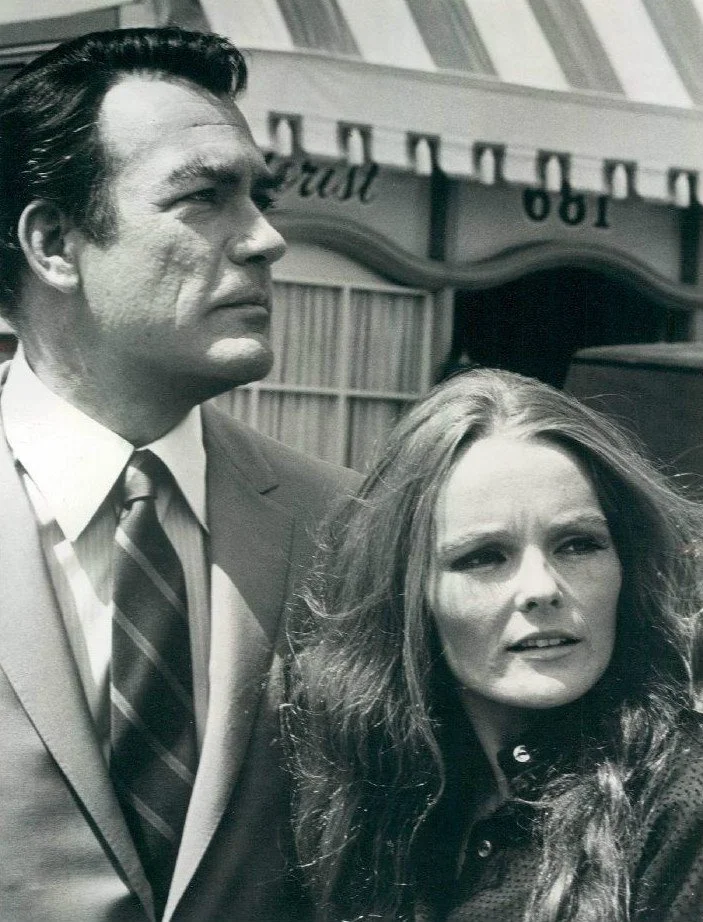Filtered by Category: Litigation
![Administrative Hearings]()
Municipalities, states, and the federal government pass laws that regulate certain conduct. And some of those laws state that an administrative agency is responsible for either investigating or hearing complaints about violations of those laws.
Read More
![Defending a Deposition]()
Besides objecting on the grounds of the privilege, many courts have rules that limit the instances in which a lawyer can instruct a witness not to answer a question. The lawyer’s only recourse in those cases is to immediately end the deposition and make a motion in court for a protective order, preventing the questioning attorney from asking the question again in a future deposition.
Read More
![Motions in Limine]()
Each side at trial usually only has a finite amount of time. For example, a judge may allocate 20 hours to each side. As a result, a lawyer may decide that it makes sense to allow one side to waste some of its time on irrelevant evidence or to bury its good evidence in a mountain of dull evidence. Similarly, if one side believes it has a great rebuttal to opposing evidence and that rebuttal will improve its case, it may consent to the admission of opposing evidence so that it can dramatically present its rebuttal.
Read More
![Fraud Claims]()
Plaintiffs may still hold defendants accountable, even when they cannot prove the defendant knew she was lying or when she cannot identify an express false statement. They can do this through claims for fraudulent omission and through negligent misrepresentation. But proving these claims have specific requirements as well.
Read More
![Going to Court]()
During the covid-19 pandemic, many court appearances have taken place over platforms like Zoom, Microsoft Teams, or a conference call by phone. In my practice, this has eliminated the calendar call, so I no longer bill clients for time I spend waiting in a courtroom. Instead, the court schedules a specific time for me to be available for a video chat.
Read More
![Focusing on the Relevant Issues]()
To some extent, the job of a litigator is to tell the client’s story. A client approaches an attorney because they have a story to tell that, they believe, should persuade a judge or a jury or an adversary to give them some relief. And instead of telling the story themselves, the client believes the lawyer can articulate the story better.
Read More
![Actually Arguing]()
It’s common to have phone calls or meetings with adversaries where each side states their view of the case and responds to opponent’s claims. The purpose of these calls is often to dispose of a case early without substantial litigation, or to settle a case after each side has done some research. It may also be to debate the wording of stipulations or settlement agreements. But often lawyers understand that they will never persuade their opponent that they are wrong. At best, a lawyer can convince her adversary that her position has merits and that further litigation on the subject may not be worth the time and money.
Read More
![Law Books]()
Many law books cite very old cases that were current or frequently cited when the book was first published. The publishers attempt to keep the books current by issuing “pocket parts,” that are additional pages that can be folded into the end of the book that contain updates since the book was published. But pocket parts can also fall out of date since they only come out every few months.
Read More
![TV Shows About Lawyers]()
Growing up, I watched a lot of Law & Order. And while that show concerns criminal law and not commercial litigation, it gave young me a little insight into what being a lawyer in New York was like. In my current experience, it gets a lot of things right and a lot of things wrong.
Read More
![Load Files to Document Productions]()
Load files may tell document review software what images together form a single document (for example, Bates numbers 1-25 are a single document, then numbers 26-28 are the next document, etc.). It may also tell the software which documents are “family members” of other documents, by saying, for example, that Bates numbers 26-28 are an attachment to an email found at Bates numbers 1-25.
Read More
![Initial Disclosures]()
Counsel often make initial disclosures at the start of the case when they are the least familiar with the facts. After spending months studying the documents and interviewing witnesses, they commonly learn additional information about knowledgable witnesses and the location of information. Accordingly, they often update the disclosures by producing a supplement.
Read More
![Stipulated Facts]()
Because both sides need to agree on the stipulation, they are often drafted in a neutral, non-argumentative way. So instead of stating “The defendant wrongfully trespassed on the innocent plaintiff’s property,” as a complaint may say, the stipulation may instead say, “The defendant walked into the living room at 35 Main Street.”
Read More











